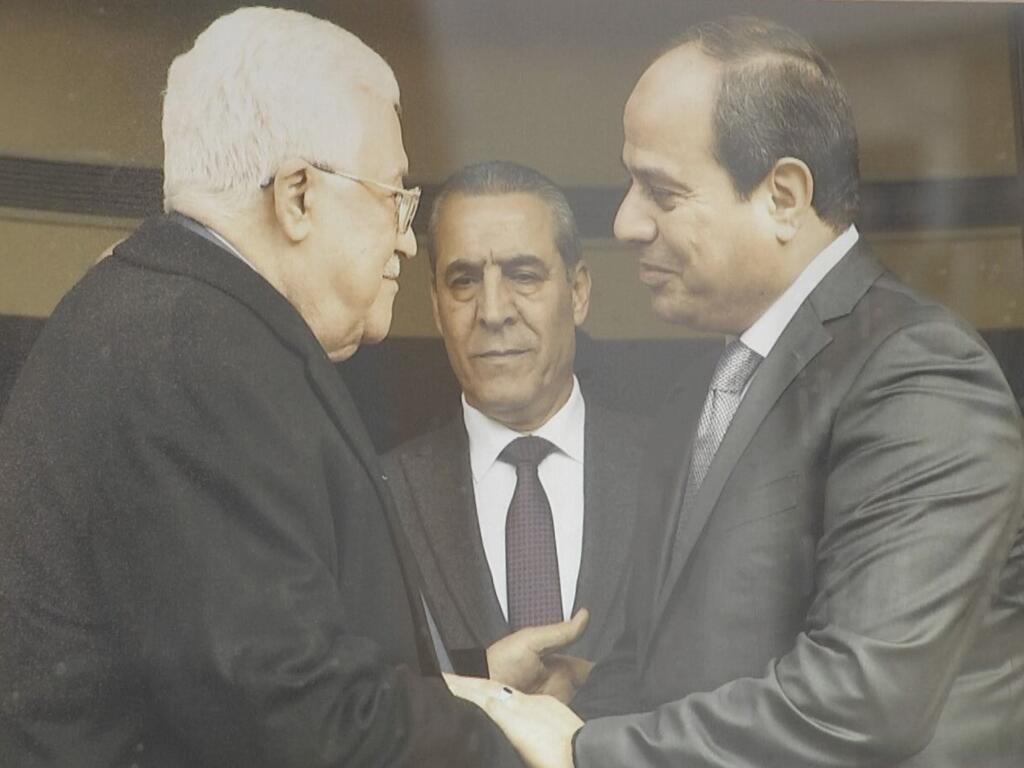The past week has witnessed a notable and regrettable downturn in the diplomatic relationship between Israel and Egypt. For decades, Cairo has carefully avoided crossing the "red line" of freezing or terminating the peace agreement, even during significant crises like Operation Cast Lead. Yet, Egypt's recent actions demonstrate its arsenal of measures to pressure Israel.
President Abdel Fattah el-Sisi has voiced concerns that the IDF's operations in Rafah are destabilizing the region and threatening Egypt's national security, primarily due to fears of a surge of Palestinian refugees into Sinai, where over 70,000 already reside. Additionally, Cairo is grappling with mounting domestic criticism over its supportive stance toward Israel since the war began.
Historically, Egypt has employed symbolic protest actions against Israel, such as downgrading its diplomatic presence in the Tel Aviv embassy. However, the current situation is particularly troubling due to the depth and breadth of the measures Egypt is considering. First, Egypt has taken the unprecedented step of aligning itself as a party in the legal proceedings at the International Court of Justice (ICJ) in The Hague, alongside South Africa, a political ally of Hamas on the global stage.
Secondly, Egypt has closed the Rafah crossing on its side, halting the flow of goods and people to and from Gaza, thereby intensifying the already severe humanitarian burden on Israel to supply Gaza's needs economically, legally and militarily. Finally, Cairo is contemplating downgrading diplomatic relations with Israel.
The IDF announced that it initiated the Rafah operation along with tactical coordination with the Egyptian army. However, it appears that at a strategic level, the Israeli government did not adequately coordinate these activities with Cairo's presidential palace, raising concerns in Washington as well. This lack of coordination may have led to a misjudgment of Egypt's response to the Rafah operations, which might be seen as an Israeli violation of the military annex of the peace agreement, limiting the IDF's presence in the 1.8-mile zone near the border, known as Area D.
The unexpected intensity of Egypt's anti-Israel measures in Jerusalem highlights the limited perspective through which Israel has viewed its southern neighbor in recent years, primarily focusing on the Egyptian security and military apparatus. This productive dialogue has significantly contributed to both nations' security. However, similar to biases seen in Israeli security assessments of its enemies, it may be time to reassess whether we are too narrowly defining the depth and nature of our peace with Egypt, beyond purely security-related aspects.
 Avi Kalo
Avi KaloThe emerging picture is rather bleak: There is a direct connection between the ongoing strategic paralysis of the Israeli government in avoiding the formation of a mechanism to end the war and the deepening crisis in relations with Egypt, a cornerstone of Israeli security perceptions for nearly half a century.
In practice, deteriorating relations with Egypt could impact critical aspects of our future, including the perception of Israeli assets in the U.S. and the region, just as Saudi Arabia is being prepared for normalization led by the Biden administration. In the shorter term, worsening relations with Cairo will directly affect the conditions for resuming negotiations for the return of our hostages, which already face chronic, political and inherent difficulties.
Reaching swift agreements with Washington and Cairo regarding the Rafah operation's scope and framing, such as through Minister Benny Gantz's contacts with U.S. National Security Advisor Jake Sullivan, will not only help create strategic clarity for the war's objectives and aftermath but, more importantly, preserve Israel's core national and security interests in the Middle East and beyond.


